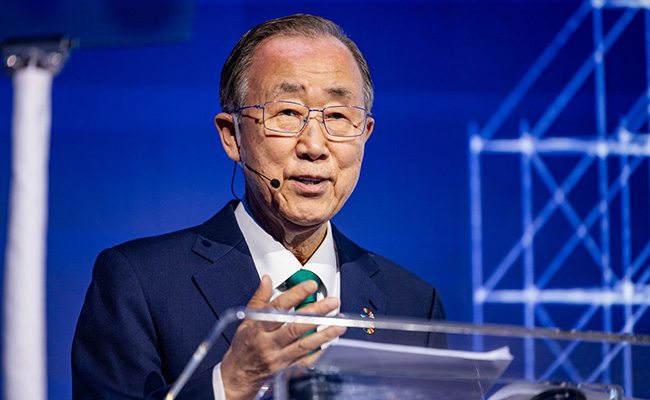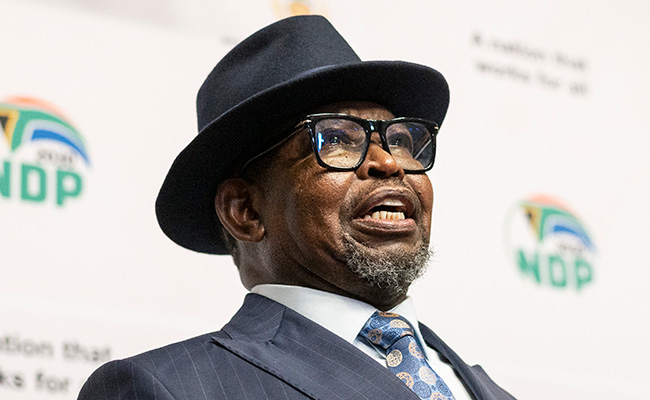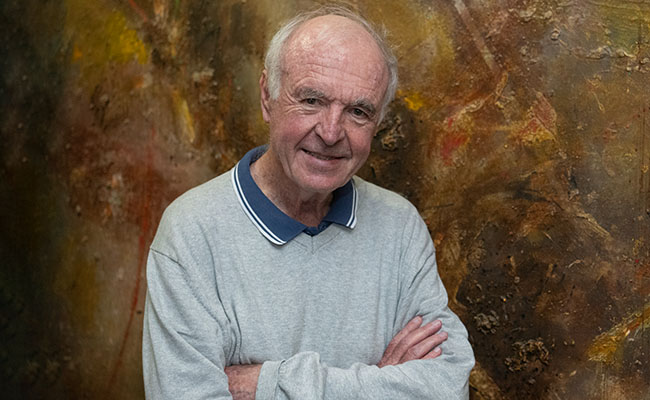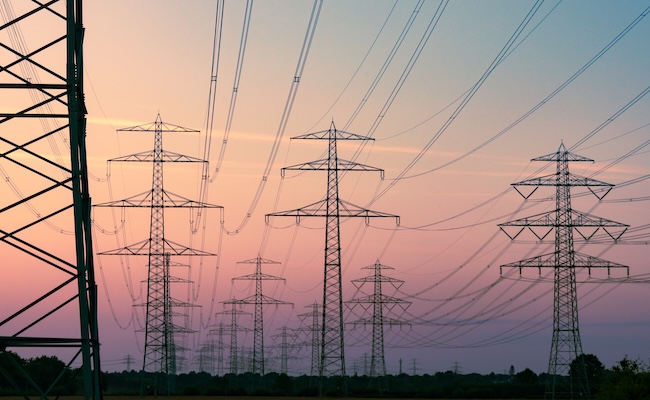From goings-on in politics to info drops in the economic world, we’ve got you covered on what to expect this week.
Politics
National Assembly vote on Appropriations Bill
On Wednesday July 23, the National Assembly will vote on the 2025 Appropriations Bill, marking the culmination of a journey that has taken finance minister Enoch Godongwana more than five months and three versions of the budget. Months of political wrangling were brought to a head by the disagreement within the government of national unity (GNU) over plans to raise VAT.
Facing mounting fiscal pressure, the government has trimmed spending across key sectors, a move some view as delivering an austerity budget in all but name. The government has cut R52bn from spending compared to March’s proposal, as Godongwana tries to strike a balance between maintaining spending on frontline services and stabilising public debt levels, which have become a worry for credit ratings agencies. Investors and ratings watchers will be closely monitoring both the outcome and the vote split for any further fissures within the GNU.
Central to Wednesday’s vote will be whether the ANC can persuade the DA to reject its reversal of certain departmental budget votes – higher education and human settlements – which followed the firing of Andrew Whitfield by President Cyril Ramaphosa. Indications are that a rejection of some departmental budget votes by MPs could lead to a rejection of the Appropriations Bill. This would require a full reintroduction of the bill.
Mkhwanazi oversight hearing
On Tuesday July 22, the joint portfolio committees on police, and justice and constitutional development will meet to consider a draft report proposing the establishment of an ad hoc committee to investigate allegations made by KwaZulu-Natal police commissioner Lieutenant-General Nhlanhla Mkhwanazi. He has accused police minister Senzo Mchunu of colluding with an organised crime syndicate and interfering in politically sensitive investigations by disbanding a key task force set up to combat a spate of political assassinations.
Last week, Ramaphosa announced a judicial commission of inquiry, led by justice Mbuyiseli Madlanga, with advocates Sesi Baloyi and Sandile Khumalo assisting. Ramaphosa also confirmed that Mchunu would be placed on special leave, with Gwede Mantashe acting in the role until Firoz Cachalia assumes the post on August 1. Tuesday’s committee meeting follows a joint decision on July 16, where MPs agreed that an ad hoc committee under rule 253 was the best way forward. A formal recommendation is expected on Wednesday July 23.
Nobuhle Nkabane faces parliament over Seta appointments
Also on Tuesday, higher education minister Nobuhle Nkabane will face parliament after skipping a hearing last week on her controversial appointments of Sector Education and Training Authority (Seta) board chairs. Nkabane had claimed the selections were guided by an “independent panel,” but several members of her staff and the panel (including respected lawyer and ostensible panel lead Terry Motau) have denied involvement, raising serious questions about transparency.
The DA filed complaints with parliament’s ethics committee, the public protector and the police. The uproar is no doubt fuelled in part by the recent sacking of the DA’s Whitfield due to a breach of executive rules. The DA-led escalation means the hearing could become a flashpoint in the broader debate over patronage and governance standards within the GNU.
By-elections
Another four by-elections take place this Wednesday. The ANC will be defending ward 35 in Sebokeng, Emfuleni, where it won 54.1% of the vote in 2021. The EFF was the second-biggest party in the ward in the municipal elections, with 21.5% of the vote. In the 2024 provincial election the ANC fell to about 50%, with the DA and EFF neck-and-neck for second place. It’s a crowded field in this ward, with 10 parties contesting. This includes MK and the DA which obtained 14.2% in the ward in 2021.
The DA is defending two wards in the Western Cape: ward 6 in Bergrivier and ward 27 in Drakenstein. In ward 6 in 2021, the party won 39.8% of the vote to the PA’s 29.4%. The PA, EFF and ANC will all be contesting the DA here on Wednesday. In ward 27, the DA won 57.8% in 2021. The ANC, the next largest party in the ward, took 11.7% of the vote. Here, the DA will be facing off against the ANC, PA and the Concerned Drakenstein Residents which won 9.6% of the vote in 2021.
The PA will be defending ward 1 in Sol Plaatje (Kimberley), Northern Cape, which the party won from the ANC in an October 2023 by-election, taking 53.3% of the vote to the ANC’s 40.7%. In addition to the ANC, the DA, EFF and MK will be contesting this ward.
Economics
CPI data
All eyes will be on CPI, as Stats SA is set to release June’s inflation data on Wednesday. Markets are expecting a slight rise in headline inflation to 3% year on year, up from 2.8% in April and May. Month on month, an increase of 0.3% is expected, up from 0.2%.
The bumps are primarily driven by fluctuations in fuel and food prices. In June, the rate of decline in petrol prices slowed to 0.2% from -1% in April, due to higher Brent crude oil prices, which offset a modest rand appreciation. Food prices (up from 4.4% year on year to 4.5%) are set to edge higher off a low base. While this is all still comfortably within the Reserve Bank’s 3%-6% target range, the print will shape rate expectations ahead of the monetary policy committee’s next meeting on July 31, where a hold remains the base case.
Tariff deadlines
South Africa’s rand ended last week firmer as investors responded positively to the G20 finance ministers’ meeting in Durban, where Ramaphosa pushed for co-ordinated global action on debt, climate and trade. However, a strong rand and South Africa’s general economic standing remain at the mercy of the looming August 1 deadline for US tariffs on South African exports.
The DA accused the presidency of misleading the public and mishandling trade talks, particularly over the visa mix-up involving trade envoy Mcebisi Jonas. And South Africa isn’t alone in lobbying for relief; the stakes are high for several emerging markets that are also racing to secure exemptions. However, without progress, tariff exposure will weigh on both confidence and export earnings as the country heads into the second half of the year. With 10 days to go until a deal must be made, this week becomes crucial in getting at least handshake terms sorted.

This article is published courtesy of The South Africa Brief, a political newsletter published on Substack which is a collaboration between Paul Berkowitz and Jonathan Moakes. It provides analysis and insight into the new, uncertain era of South African politics heralded by the 2024 general election. Including a specific focus on municipal politics, it will provide full analysis in the run-up to next year’s municipal polls.
Sign up to Currency’s weekly newsletters to receive your own bulletin of weekday news and weekend treats. Register here.










